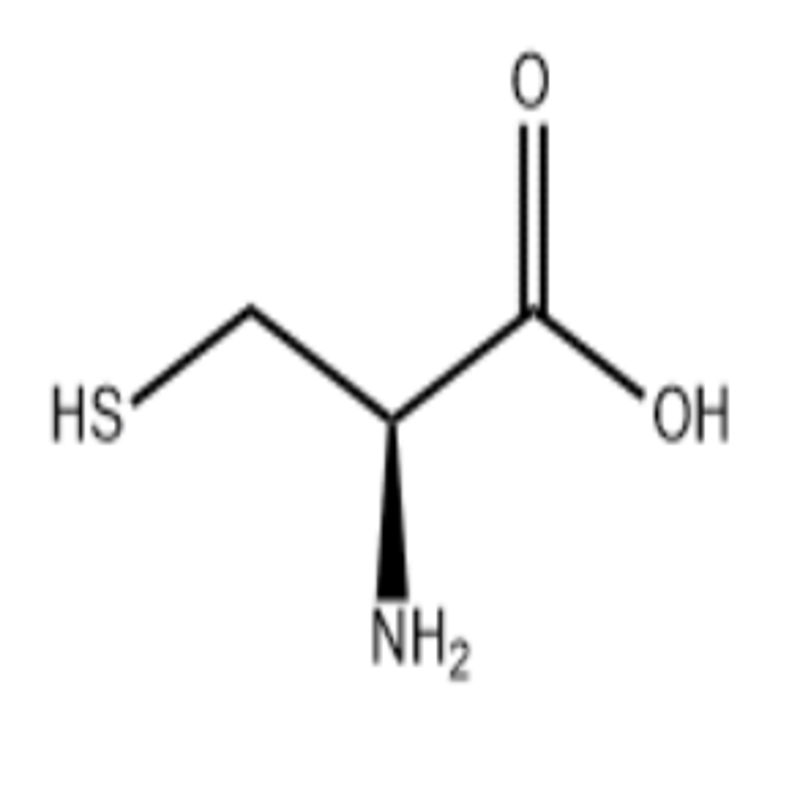-
Categories
-
Pharmaceutical Intermediates
-
Active Pharmaceutical Ingredients
-
Food Additives
- Industrial Coatings
- Agrochemicals
- Dyes and Pigments
- Surfactant
- Flavors and Fragrances
- Chemical Reagents
- Catalyst and Auxiliary
- Natural Products
- Inorganic Chemistry
-
Organic Chemistry
-
Biochemical Engineering
- Analytical Chemistry
- Cosmetic Ingredient
-
Pharmaceutical Intermediates
Promotion
ECHEMI Mall
Wholesale
Weekly Price
Exhibition
News
-
Trade Service
Original title: South China Botanical Garden reveals that dietary strategies can reduce the biological effectiveness of cadmium in rice
Heavy metal pollution is one of the oldest environmental problems, especially in some developing countries are facing serious pollution problems, pollutants to the human body health problems are increasingly prominent. Cadmium is a common toxic heavy metal in the environment, and oral intake is the primary way for people to be exposed to heavy metal cadmium. Reducing cadmium exposure in diet is an effective and feasible strategy to reduce risk. One way to reduce the risk of exposure is to eat agricultural products with low cadmium content as much as possible, on the other hand, reducing cd biousing in the body cycle is another strategy to reduce Cd exposure, and dietary supplements play an important role in reducing or preventing cadmium poisoning.
Under the guidance of his tutor and associate researcher Zhuang Ping, Sun Shuo, a graduate student at the South China Botanical Garden Ecological Center of the Chinese Academy of Sciences, established an in-body gastrointestinal model to analyze the effects of 39 dietary components on cd biosodability in rice, and then established a mouse animal model to study the regulation of cd bioavailableness in rice by reducing the most effective components. The results showed that the solubility of CD in the intestines was significantly reduced by 10-98%. Tylanic acid, titanium dioxide, zinc glucoseate, calcium chloride and raw anthotics were the most effective in reducing cadmium biosuperability in rice, with reduction rates of 93-97%, 54-61%, 32-49%, 24-32% and 11-14%, respectively. After adding dietary ingredients, the relative biological effectiveness of cadmium in the kidneys and livers of mice decreased by 20-58% and 10-31%, respectively.
is the first time in the country that dietary ingredients have been reported to reduce the risk of cadmium exposure to rice. Dietary strategies can be used to regulate the risk of cadmium exposure in rice consumption, as dietary composition significantly affects the bio-utilization of cadmium in rice. Dietary components with high mineral or antioxidant content are a good strategy for mitigating the effects of cadmium in rice or other foods. This result has important application prospect and practical significance to reduce the health risk of cadmium exposure through rice consumption.
recently published in the journal Journal of Agricultural and Food Chemistry, a classic journal of agomy and food chemistry.
paper link:
.







